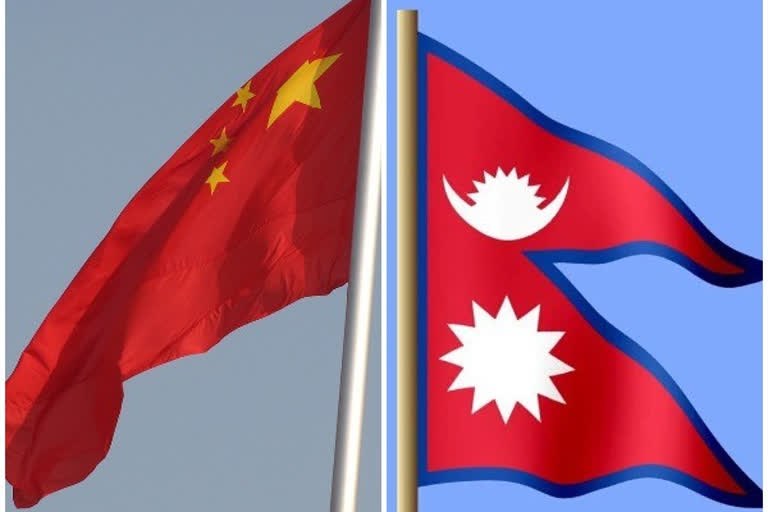Kathmandu: Nepal and China's ruling communist parties on Friday held a virtual meeting during which they discussed the current political situation and shared their experience in running the party and government.
However, according to local media reports, some Nepalese leaders raised questions over the timing of the meeting given the border stand-off between India and China and escalating tension between Kathmandu and New Delhi over Kalapani, Lipulekh and Limpiyadhura.
Nepal Communist Party Chairman Pushpa Kamal Dahal and Deputy prime minister Ishwor Pokharel were among senior leaders of the party who took part in the video conference with senior Chinese leaders.
During the conference, relations between the two communist parties, the current coronavirus pandemic and the current political situation mainly figured, according to sources close to the NCP.
Dahal during the conference reiterated Nepal's commitment to the 'one China' policy regarding Tibet and Taiwan.
Read| 'China is flexing muscles with India to divert world's attention on COVID-19'
The Chinese side assured the NCP leaders that China will continue to extend help to Nepal in its fight against the spread of the coronavirus.
Party chairman Dahal said that Nepal will not accept any foreign assistance that is linked to foreign security interests.
Dahal's statement comes at a time when there is a hot debate going on within the ruling NCP about whether to accept the US' economic assistance under the MCC (Millennium Challenge Corporation) which is linked to the US's Indo-Pacific Strategy.
According to a report in the Kathmandu Post, a central member of the NCP, on the condition of anonymity, said he was wondering if the timing for the meeting is right, given the border India-China military tension and souring of the relationship between Kathmandu and New Delhi over Kalapani, Lipulekh and Limpiyadhura areas.
Former foreign minister Kamal Thapa said that such a meeting was objectionable.
Read | 'China never follows treaties, behaves like N Korea, Pakistan'
Objectionable, a neo-colonial practice, Thapa, also the chairman of the Rashtriya Prajatantra Party, wrote on Twitter.
What will happen if other political parties also start receiving training and financial assistance from foreign parties with whom they are comfortable with? Is it an attempt to make Nepal a playground for international forces?
Nepal on Thursday completed the process of redrawing the country's political map through a Constitutional amendment, incorporating three strategically important Indian areas in a move that could severely jolt bilateral relations.
India has already termed as untenable the artificial enlargement of the territorial claims by Nepal after its lower house of Parliament on Saturday unanimously approved the new political map of the country featuring Lipulekh, Kalapani and Limpiyadhura areas which India maintains belong to it.
Meanwhile, Nepal's foreign minister Pradeep Kumar Gyawali took part in the high-level video conference on "Belt and Road International Cooperation: Combating COVID-19 with Solidarity" chaired by Chinese foreign minister and State Councillor Wang Yi.
On the occasion, Gyawali underlined that mutual support and collective efforts and the cooperation from multilateral institutions are vital in combating the COVID- 19 pandemic.
The WHO should be strengthened further and supported with core resources and technologies to promote international cooperation, he said.
Appreciating the role played by BRI in playing high-quality development in the partner countries, he underscored the importance of the new initiative of Health Silk Road under BRI aimed at facilitating trade in anti-epidemic medical supplies and enhancing cooperation in fighting infectious diseases.
Foreign ministers and other senior officials from 26 countries along with the Director-General of WHO and Administrator of the UNDP took part in the conference.
The participants underlined the need for unity, solidarity, cooperation among the countries and strengthening the role of the WHO for combating the pandemic.
(PTI)



